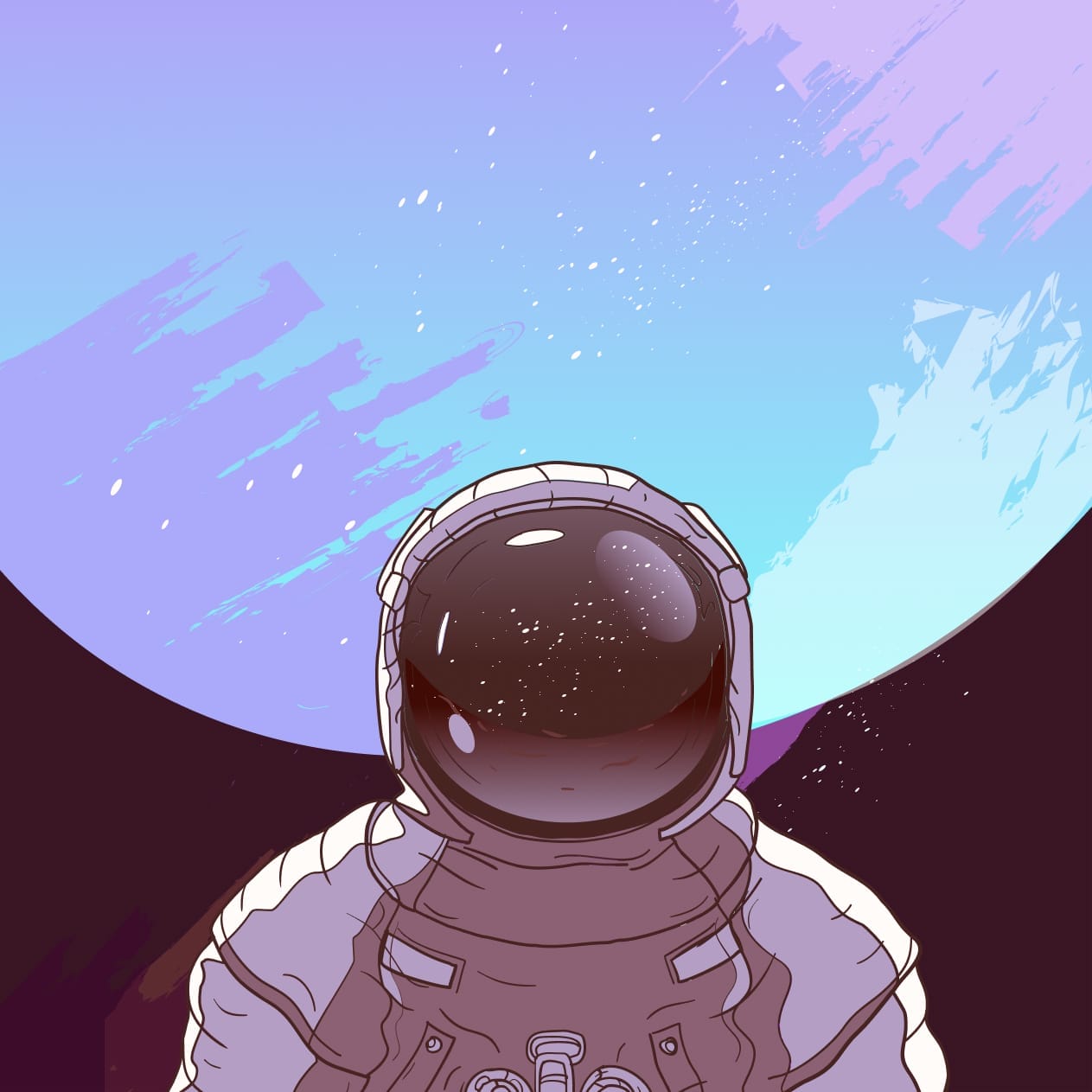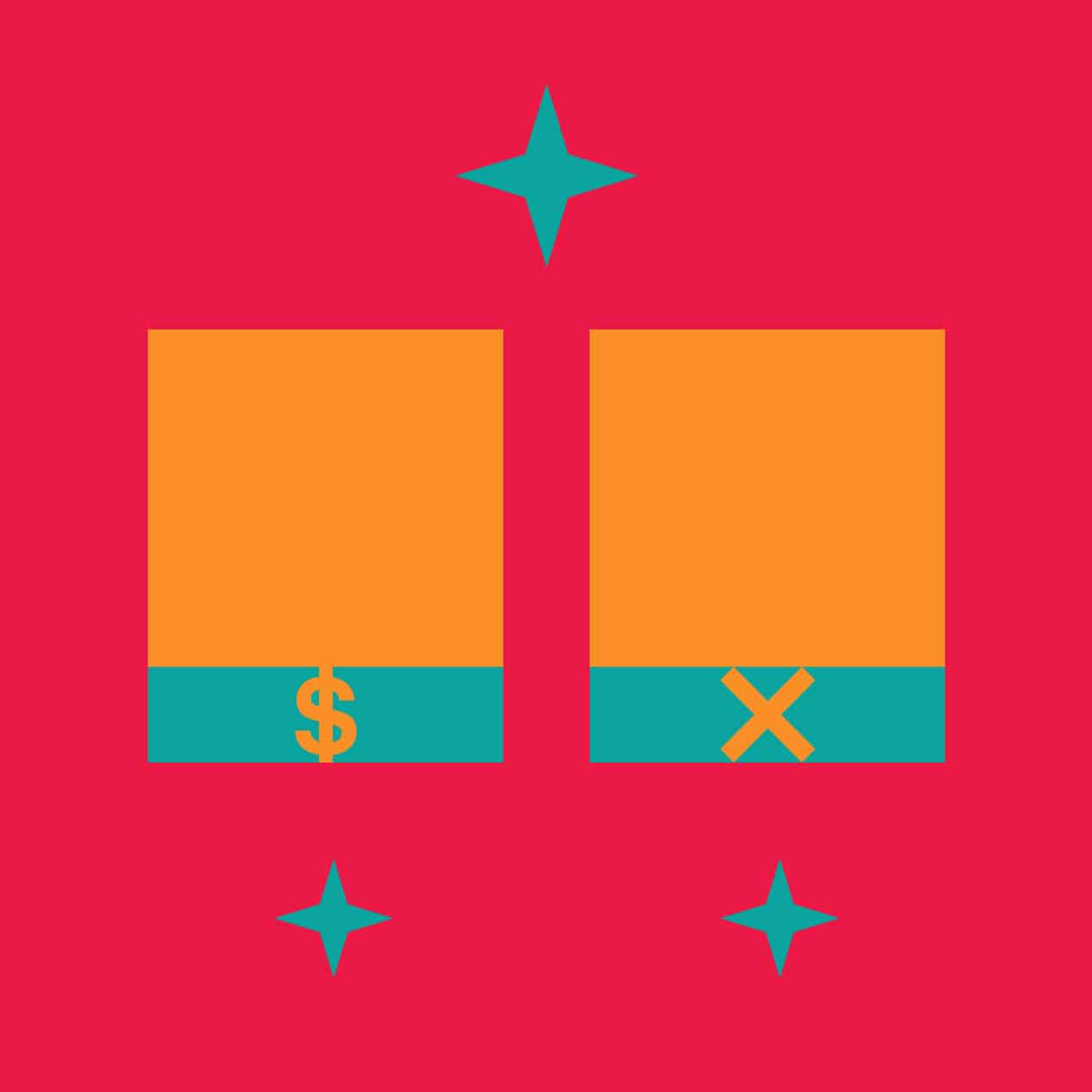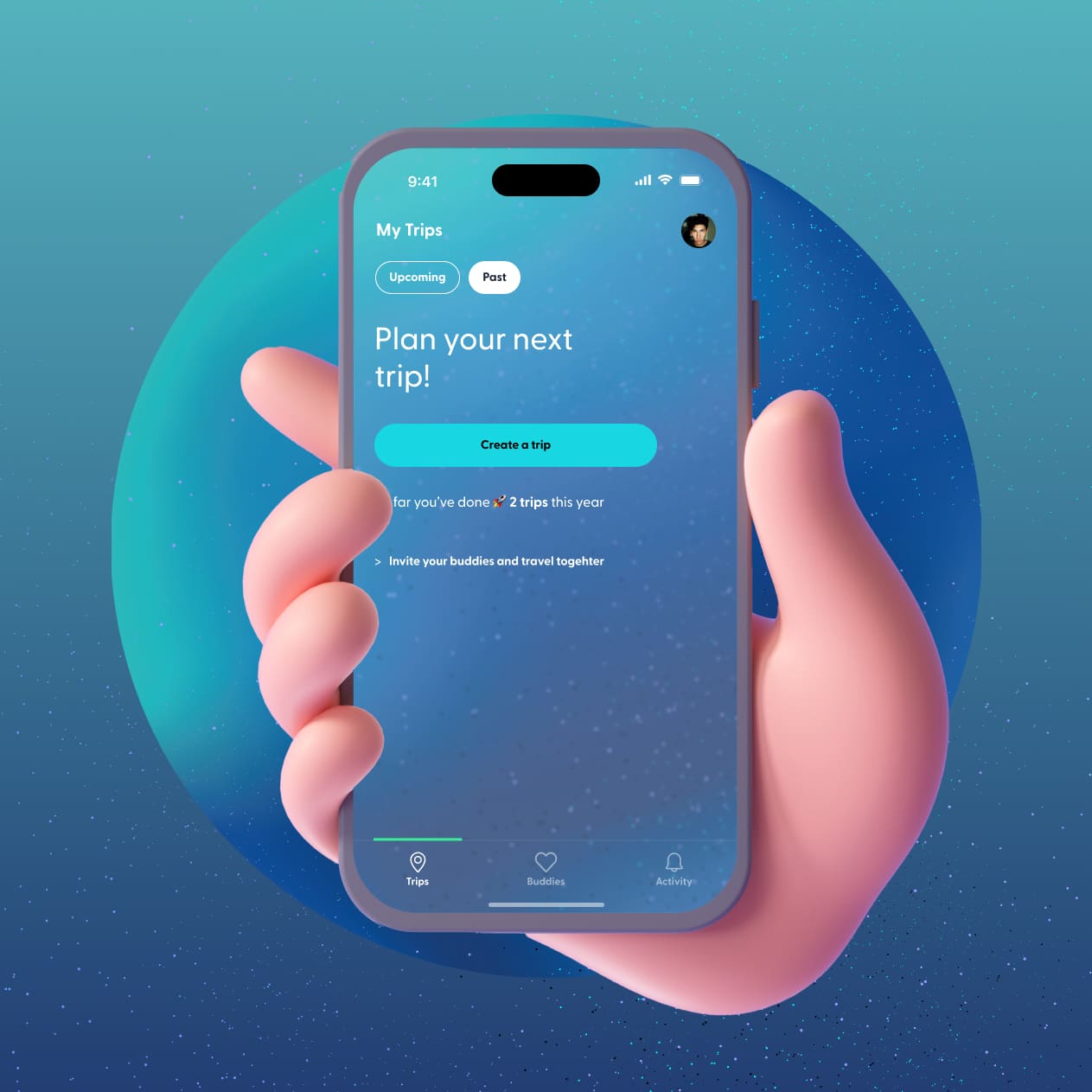I was fascinated with the world of digital technologies since the day my parents bought my first computer. I was the age of 12 and my curiosity was endless. Every day I was discovering new things that you can do with a computer from watching movies, skyping with friends, and browsing the web to more advanced things like video editing, video effects, music production, and music composing. Yet I had never imagined that I would end up having a career in UX.
But, what is UX?
UX is shorthand for User Experience. It’s a relatively new field that came about as a result of advances in technology and our understanding of how people interact with technology. UX designers are responsible for creating products and interfaces that are both usable and enjoyable for users. They take into account the user’s needs, wants, and constraints when designing an interface or product. But that’s not all.
UX has existed since the day humans started interacting with physical man-made objects it’s just it wasn’t science on its own. I remember reading a great book showcasing the core of UX which was called “The Design of Everyday Things by Donald A. Norman“. From that book I remember, a simple example of how door handles are designed according to the perception of how a door opens contributes to great or bad UX. There are doors in the world where people expect them to do one thing, and the door opens in a completely different way. In these cases the door handle is serving as a subconscious signifier to tell your brain how the door is expected to function and when it doesn’t work as expected – that’s bad UX.
A career in UX can be extremely rewarding, both financially and personally, but it’s not for everyone. A lot of great UX comes from designers who can feel higher levels of empathy, behavioural understanding, and general psychology of the target audiences that they are designing for. Of course, the theoretical part of UX can be learned through courses and online lessons but what needs to come from within is that special power of human understanding and being able to draw a mental journey on which a UX designer plans to take the users.
Taking my first steps into a UX career without realising it
When I was 15 I designed and developed a game based on an all-favourite sci-fi tv show. The game was a companion experience for the fans to be able to have an interactive experience with the show while they were watching it. It wasn’t the only one on the market, though.
There was already another game that was offering a very similar experience and fans were playing it. What motivated me to create my version was the fact that every time I was suggesting ideas or giving feedback to the creators, they were shutting me down by saying:
“We know best what we are doing, we don’t need someone’s suggestions”.
This is what doomed their project and lost the fanbase’s favour.
Little did I know, that my game will become extremely popular among the same fans who decided to leave my competitor.
In those times, community forums were a thing. After setting one up, tons of suggestions, feedback and critics about the game started coming in and I was determined not to make the same mistake that doomed the game of my competitor.
I was taking the time to respond to every email, feedback message or feature request. I was prioritizing the features, running votes to see which ones my players love the most and for upcoming versions planning to include in the roadmap the top 3 most voted feature requests. Without realising my players grew to 50,000 / month and they are willing to pay for my product, requesting frequent updates and talking about it on other forms, communities and platforms.
Without realising I had naturally dived into the foundation of creating great user experience for my players. Receiving all those positive comments and feedback was my soul food back then, and it is my soul food today. Building an experience from your heart and the people loving and using it is the most rewarding piece of the UX career.
My game is called AISNSim and today, it still gets downloads with 100-200 monthly players – 16 years since the project retired.
Evolving my UX career through the years
Realising at such a young age what I wanted to do when I grow up, gave me the focus and ability to prioritize what’s important to know in life to constantly change, grow and improve my UX career. Every step I have taken has led to the evolution of my knowledge and skills, from finding mentors through being part of the UX community to moving to a city that is a tech hub for UX. Each bit taught me important lessons for my career growth.
Finding a mentor
When I first started, I didn’t know much about the theoretical part of UX. Thankfully, the first Head of Design had great knowledge of UX and she was a natural. She became my mentor. She taught me everything I needed to know about the industry and shaped me as a UX designer.
Getting involved with the community
There’s a great community of UX professionals out there who are always willing to help each other out. Get involved in slack groups, attend meetups, and participate in groups and discussion boards. This has helped me learn from others, exchange experience and make connections within the industry.
Staying up to date with the industry
The world of UX is constantly changing and evolving. I constantly read articles, blog posts, and case studies about UX. follow leaders in the field on social media, and attend conferences and workshops. This helped me stay ahead of the curve and prepared me for whatever challenges come my way.
Tips I wish professionals in the field had shared with me
There are a few but most are things that one needs to experience for him/her self. It is what shapes one as a UX designer.
Here are the 5 tips I think every UX new starter should hear:
1. The field of UX is constantly changing and evolving, so it’s important to keep up with the industry and technologies. One can do it by reading industry publications, attending conferences, and taking online courses.
2. Don’t be afraid to ask for help or advice from more experienced professionals. There are many online communities and social media groups where you can find support and advice from other UXers.
3. When starting, it’s helpful to shadow or work with a more experienced designer to learn the ropes. There’s no substitute for real-world experience, so try to get as much hands-on experience as possible.
4. Be prepared to be patient and not rush things up. Take the team for proper research and validation of your ideas. The field of UX is competitive, and you need to make sure you are delivering the best for the needs of the project you are working on.
5. Don’t give up! It takes time and perseverance to build a successful career in UX, but it’s achievable if you’re passionate about the field and willing to work hard.
Stay up to date! Join our newsletter!
Join our community today and let the most exciting updates come directly to you. Stories, Design Lab items, discounts, new projects and industry insights – all delivered to your inbox.



